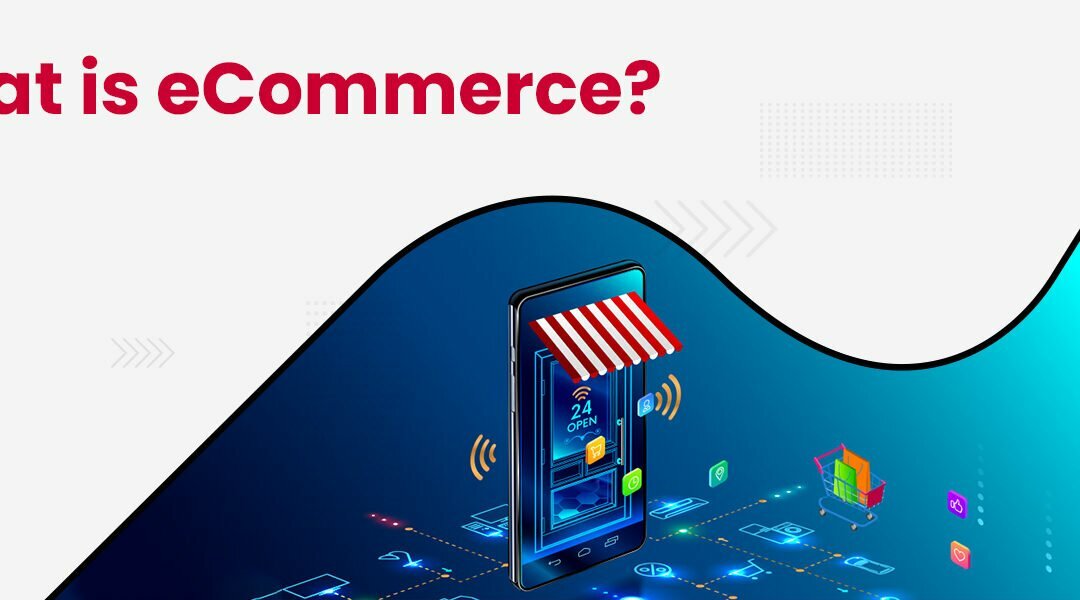Many people are drawn to the concept of running an online business, largely because of the eCommerce sector’s enormous potential. With a revenue of US$177.5 billion in 2021, the United Kingdom ranked fourth in terms of eCommerce markets, ahead of Germany and behind Japan.
The UK eCommerce market grew by 9% in 2021, contributing to the global growth rate of 18%. The UK is even predicted to beat the global average of 10% between 2021 and 2025, with an annual growth rate of 11%. Therefore, the moment has come for you to start the process of building your company’s online footprint.
Be it a small-scale company or a market giant like Amazon, everyone is capitalising on the eCommerce industry. From Amazon and Tesco to Sainsbury all showed us the true form of the eCommerce business framework. So, are you ready to know the step-by-step guide to establishing an eCommerce business in the UK?
But, wait! Before getting into how to set up an eCommerce business, let’s get the basics right!
What is eCommerce?
eCommerce, aka electronic commerce, is the process of buying and selling products or services and making money and data transfers using the internet. In simple words, all kinds of transactions of goods and services conducted online are eCommerce. For example, if you order a product from Amazon or some other website, or even pay for your Netflix subscription, you’re engaged in eCommerce.
So, are you ready? Let’s find out how to start an eCommerce business in the UK.
-
Choose the perfect business plan and model
First of all, you need to brainstorm and come up with the perfect eCommerce business plan and business model. You can choose either a single-vendor or a multi-vendor eCommerce store depending on your budget for the business. While the single-vendor business model helps you have better control over the inventory, the latter will offer you better security in terms of making sales.
-
Naming and branding
When it comes to naming your business, don’t even think – “What’s in a name?” In this fast-changing world, branding starts right from giving your business a name that can tell what the business is all about.
Ideally, your brand name should be
- Short and easy to remember
- Reflective of your brand
- Inimitable, without another meaning in another language
After deciding on the name, design a company logo, and move ahead to the type of company you wish to register for. In the UK, companies fall under one of the following types.
- Public Limited Company (PLC)
- Private company limited by guarantee
- Private company limited by shares
- Private unlimited company
-
Register Your eCommerce Business
To operate a business in the UK, you must register your company and apply for an EIN (Employer Identification Number). Even though not all businesses need an EIN, having one might help you keep your personal and corporate finances separate. Additionally, you can easily apply for your EIN with the IRS online, over the phone, via mail, or by fax.
Once you have completed the EIN application process, you must obtain the proper licences and permits to run your eCommerce business in your state or city.
-
Open A Bank Account
Once your company is officially registered, you will need to open a bank account in the official name of the company.
-
Build Your eCommerce Website
At this stage, you have the choice to either choose a pre-built platform or make an eCommerce website from the scratch. Both options have their advantages, but building the website from scratch is usually the winner in this case.
Popular pre-built platforms like WordPress and Wix offer you readymade templates. You can choose a template that offers the best usability based on the look and feel, and other important factors. On the other hand, Magento, WooCommerce, and Shopify are some of the favourite options to create an eCommerce website as per your choice.
Regardless of the website-building option you opt for, ask yourself, ‘does your website represent your whole brand visually?’.
-
Payment Gateway
The next step is to incorporate a reputable payment gateway when your online store has gone live. This will make it simple, safe, and flexible for you to receive payments from your clients.
For both you and your clients, choosing the right payment gateway will be quite beneficial. While your consumers will appreciate the freedom of paying securely using their preferred payment methods, you will benefit from having a smooth and effective payment processing system.
Some of the popular payment gateways in the UK are Stripe, Worldpay, PayPal, Opayo, Amazon Pay, etc.
You will require the following documents to open a merchant account on above mentioned payment gateways:
- Merchant Account Application
- Photo identifications
- Voided check
- Utility Bill
- Business Bank Statements and Business Bank Letter
- Credit Card Processing Statement
- Website or Marketing Material
-
Logistics
Logistics is the backbone of your online business. It wouldn’t be wrong to say eCommerce and logistics are inseparable as you can deliver online orders only with the help of a logistics company. A well-managed logistics chain will lead to great savings and maximum customer satisfaction which is a win-win situation for a businessperson.
Most eCommerce business owners prefer to outsource their logistics to a third-party company. Some of the major courier companies in the UK are TNT Express, UPS, DHL, FedEx, Hermes and Parcelforce to name a few. However, instead of hiring a courier company, associating with a shipping aggregator is a far better option as you get multiple courier facilities on a single platform.
When it comes to choosing a shipping aggregator, NimbusPost is a trusted name to root for. The company provides you with the UK’S top 15+ courier partners, the lowest shipping rates, free sign-up, and the quickest COD remittance, along with benefits like automated cloud-call support, an AI-based order allocation engine, and much more.
-
Attract Customers To Your Website
Selling the products and managing logistics isn’t enough if you expect people to flood in. You need to drive traffic to your website by promoting it through digital marketing. You can create a buzz about your business using various SEO tactics. Studies show that more than 40% of online shoppers begin their search from a search engine, and SEO helps you in creating your presence on the search engine map.
-
Retarget Potential Customers
Retargeting is another important aspect of digital marketing that helps in targeting potential customers using cookies placed on computers. While this can be a little expensive route to undertake, it usually proves to be positive for businesses.
-
Use Social Media
The importance of social media for brand promotions can’t be overlooked. You can promote your business and products using various social media platforms like Facebook, Instagram, YouTube, LinkedIn, Twitter, Tumblr, and others.
-
Word of Mouth
Last, but not least, word of mouth works best when you don’t want to indulge in expensive promotional practices. It can take a while to spread the good word about your business, but disregarding its benefits would not be a smart move.
Whether it’s about setting up an eCommerce business or promoting it, there may be several hurdles in the beginning. But you don’t need to become Jeff Bezos in the same year. All you need to do is have a clear vision, and a fool-proof plan, and execute your plan in a disciplined way.
Just know that the eCommerce world in the UK is a big playground with infinite possibilities at this moment. So, jump right in.




